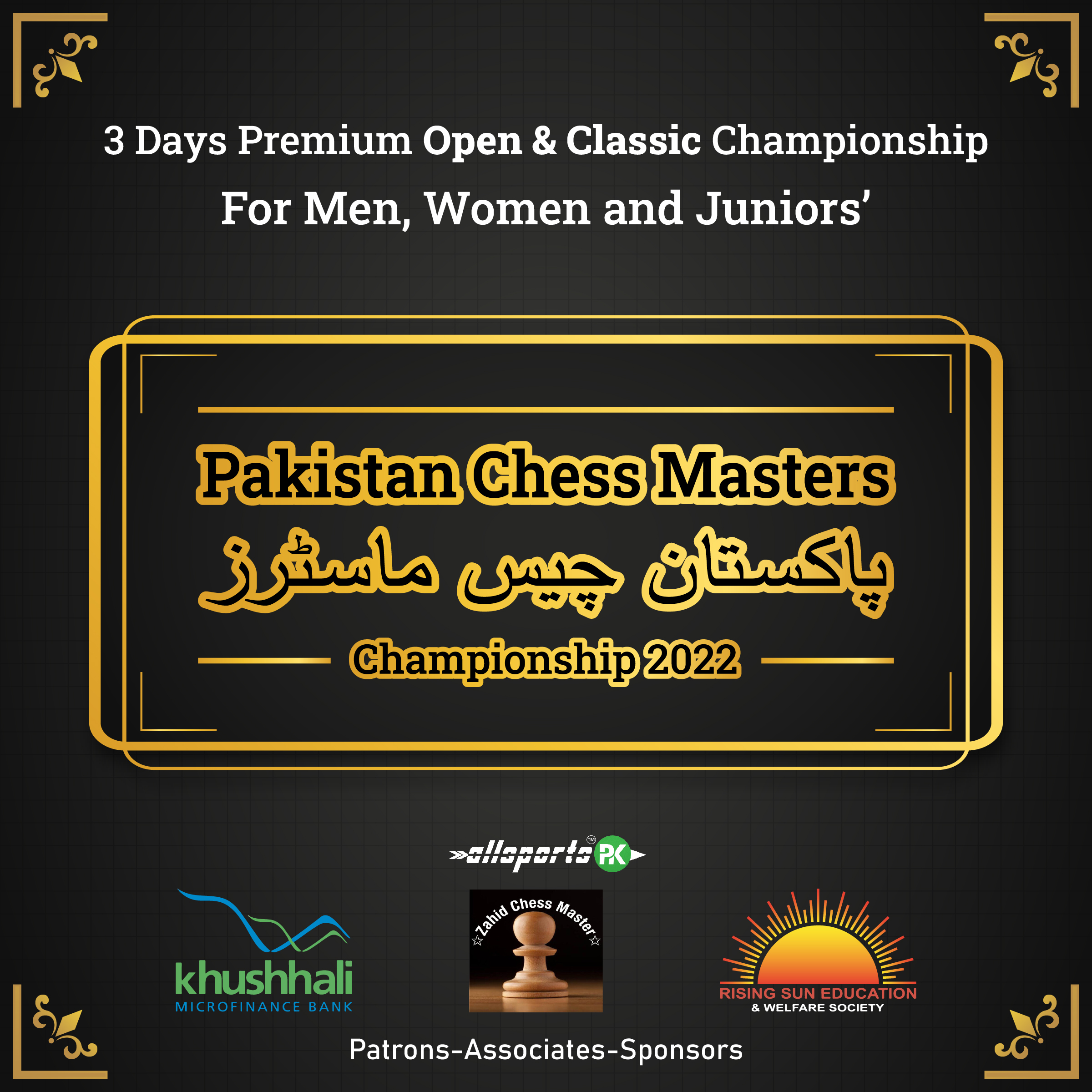With the world still under the grip of coronavirus pandemic, digital sports is the arena which has become very popular. The online sports activities have become a regular feature and it seems that God willing even when the world becomes corona free the digital sports fever will continue.
Scrabble is a sport in which Pakistan has played a major pioneering role in developing the online action. The first event was the Pakistan Virtual Scrabble Tournament of which 11 editions have taken place till present. After this started the Youth local series and the global series known as Pakistan Virtual Scrabble Bilateral Series which is played every Sunday with one of the 9 nations which have agreed. These nations include the power house of Scrabble – Thailand, Nigeria and Malaysia.
The Scrabble fever has now moved on to the Virtual World Cup online Scrabble tournament, which is being organised by Coco Scrabble.
According to the latest announcement, today was the last day for registration. Out of the 140 player who registered, 80 players have qualified who will represent 16 of the respective countries. The players have been qualified based on WESPA rating and the 16 countries which are participating is based on their highest average WESPA rating.
The schedule is from 6th July till 16th August (Details are appended below):
Country-wise Teams
- Australia: David Eldar, Chris May, Andrew Fisher, Cameron Farlow, Naween Fernando
- Canada: Evan Berofsky, Jeremy Hildebrand, Jesse Matthews, Dean Saldanha, Tony Leah
- Ghana: Edwin Boama, Ezekiel Markwei, Charles Tachie, Chrys Placca, Michael Quao
- India: Akshay Bhandarkar, Sherwin Rodrigues, Udayan Grover, Nakul Prabhu, Aditya Iyengar
- Ireland: Paul Gallen, Kevin McMahon, Lukeman Owolabi, Feargal Weatherhead, Rik Kennedy
- Kenya: Patrick Litunya, Benard Amuke, David Njenga, Chris Okioma, Joash Manyasa
- Malaysia: Ganesh Asirvatham, Khoo Way, Vannitha Balasingam, Martin Teo, Chang Ching Wei
- New Zealand: Howard Warner, Blue Thorogood, Dylan Early, Patrick Carter, Liz Fagerlund
- Nigeria: Wellington Jighere, Kabir Olaiya, Enoch Nwali, Wale Fashina, Olumide Oyejide
- Pakistan: Waseem Khatri, Moiz Ullah Baig, Syed Imaad Ali, Hassan Hadi Khan, Sohaib Sanaullah
- Philippines: Odette Rio, Jowar Ayuno, Melvin Dalangin, Lear Jet De la Cruz, Mohammad Bin Abdul Suma
- Singapore: Weibin Toh, Yong Jian Rong, Marlon Prudencio, Hubert Wee, Jeremy Khoo
- South Africa: Steven Gruzd, Jarrod Page, Harry Wiggins, Gerald Davids, Llewellin Jegels
- Thailand: Akkarapol Kwansak, Jakkrit Klaphajone, Napat Vatjaranurathorn, Apirat Choomai, Yannakit Sirisup
- United Kingdom: Harshan Lamabadusuriya, Piotr Andronowski, Phil Robertshaw, Paul Allan, Calum Edwards
- United States: Conrad Bassett-Bouchard, Jesse Day, Austin Shin, Will Anderson, Dave Wiegand
The organizers tournament brief is as follows:
Overview
The Virtual Scrabble World Cup is a team-based tournament. In total 16 nations will compete based on the elimination format, with only one nation becoming the champion.
The event will take place on the ISC- Internet Scrabble Club
Structure of the Tournament
- Each nation built a team of 5 players using WESPA ratings to determine which countries and players qualified.
- Any player from the same country can play as an alternate.
- Throughout the tournament, the national teams will play “matches” against each other – one match per team per week. Each match consists of 25 games in total. Each of the 5 players on one team plays each player on the other team once. (Ideally, all games in a match will happen in one session over the course of 2-3 hours. If a player has a schedule conflict, he can solicit an alternate player from his country to play. In each match, the first team to win 13 out of 25 games wins.
- The first round of the tournament will be “pool play” – the 16 national teams will be placed into groups of 4, and each team will play a full round robin of matches against the other 3 teams in their group. The teams will be ranked by their match records (3-0, 2-1, etc.), with individual game records as a tiebreaker. Overall spread is the final tiebreaker. In each group, the top 2 teams after the completion of pool play will advance; the bottom 2 will be eliminated.
- The 8 teams remaining will advance to the “knockout” rounds. The format here is simple – it’s a single-elimination bracket. Round of 8, then round of 4, then a final match to determine the world champions.
- ISC parameters:
– In your Player Profile Settings, select 15 minute clocks, 5-point challenge, Collins 2019 (CSW) lexicon, Increment = 0, and Mood = 0. Unselect the checkbox for private so we can live stream and annotate your games.
– ISC randomly assigns the player who goes first. We are not tracking firsts. You do not need to pass if ISC assigns you to go first.
Schedule
- July 6 – July 26: Pool play. Teams will play 3 matches over the course of 3 weeks. Each player will play each member of the three opponent teams, for 15 matches total.
- July 27 – August 16: Knockout rounds. The top teams will compete in 3 playoff rounds over the course of 3 weeks, with the finalists going head to head over the final weekend.
Next Step
- Selection show will be held. In which Will Anderson, one of the top U.S. players and a pioneer in the world of Scrabble live streaming, will hold a show Monday night, where the pairings for the opening rounds live will be announced.
- The drawing show will be held on: Monday, July 6 at 10 p.m. Eastern time USA – Tuesday, 7th July at 7 a.m. PST, 2 a.m. GMT, 10 a.m.
- After the selection show, emails will be forwarded to all players from all 16 countries informing them of the schedule for the first round.
- Games will then begin this coming weekend.















